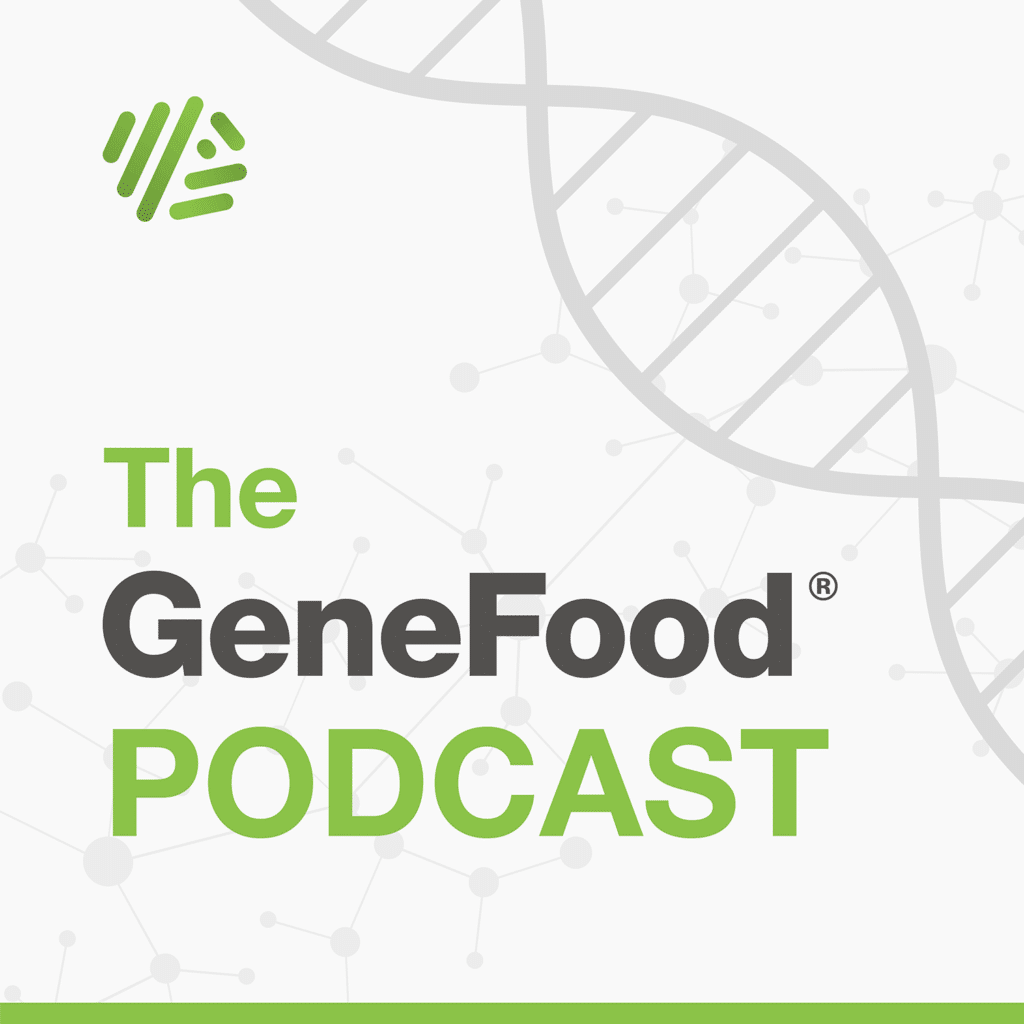Home »

While the nutrition wars rage on, an emerging body of science is teaching us that there is no one size fits all when it comes to food. The Gene Food podcast gives you a front row seat to the latest developments in the personalized health revolution. Co-hosted by John O’Connor and Kristin Kirkpatrick, MS, RD.
Subscribe on the platform of your choice: